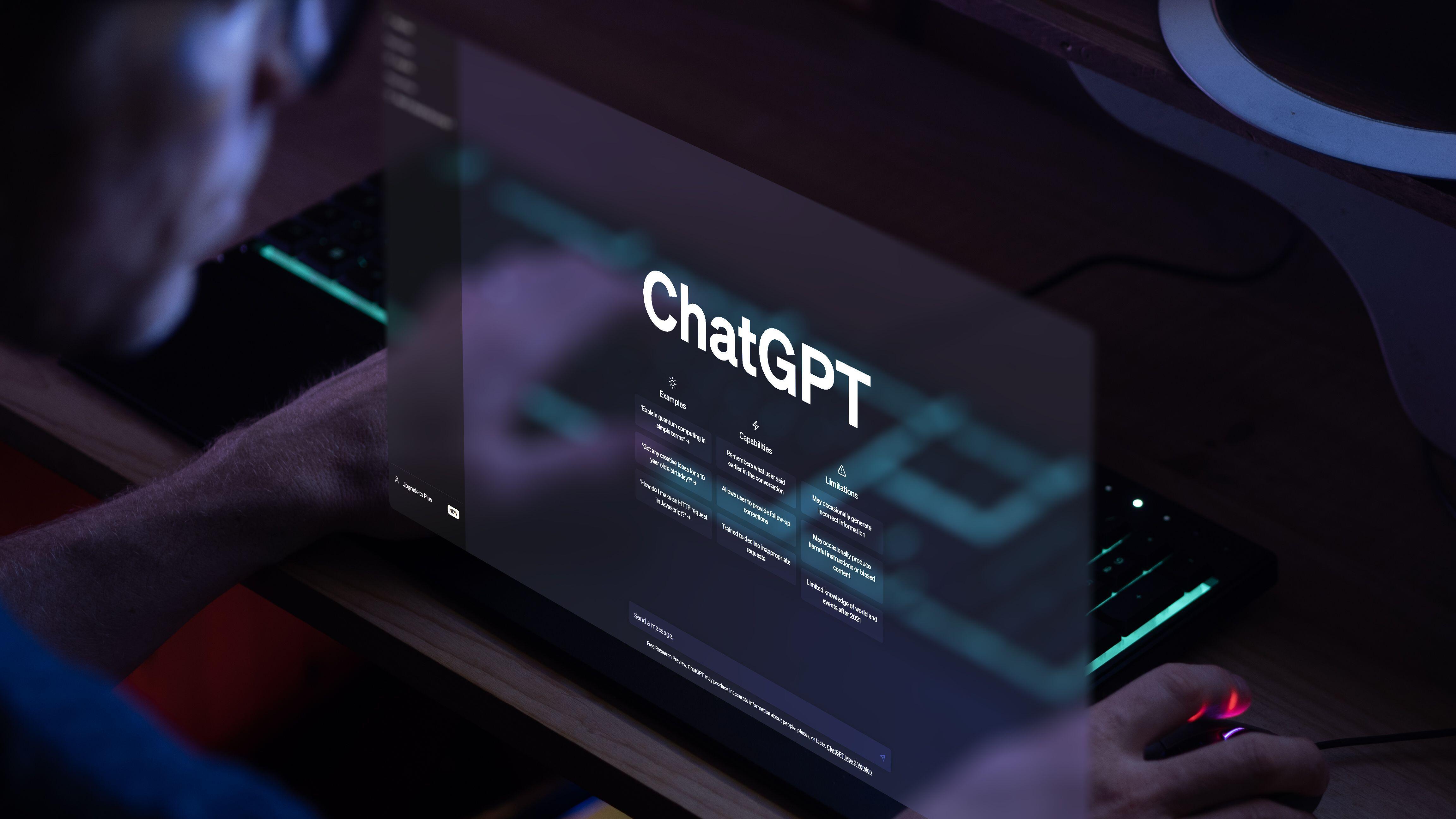A question we're asking is who gets to use the generative AI assistants that so many unified communications platforms are rolling out. For all the vaunted perks of using something like Microsoft Copilot -- meeting summaries! Automatically generated correspondence! Automatically generated code for apps! -- there is a price tag, and managers may be put in the sticky situation of having to tell employees they don't make the budgetary cut on the fun new productivity assistant.
This awkwardness points to what is actually a larger issue when it comes to AI in the workplace: Few workplace strategists have extensive background in deciding which AI tools will be part of their workplace, or what the ROI on those tools is expected to be, or how to best encourage adoption of those tools among the workforce. And honestly, that last point might be the most important.
Historic evidence shows that technological advances usually create more jobs as a whole, yet many individuals will have a personal history of their jobs changing or going away. Fear of being replaced by a generative AI platform is not unfounded, especially when the news is already full of stories where analysts are predicting hundreds of millions of jobs eliminated or laid-off workers are saying it's already happened to them.
So workplace strategists have two employee mandates to manage: How to tell some workers they're not getting AI because it's too expensive, and how to induce other workers to use the AI they are getting whether they like it or not.
To see how to do that, look to the findings from Arthur J. Gallagher & Co. released its 2023/24 State of the Sector report. The consulting services firm looked at emerging trends in internal communications and employee experience and found that 71% of organizations surveyed did not provide internal communicators guidance on when, where, or how to use artificial intelligence on the job. This lack of a plan could be leading to resistance to implementing the new technology:
"For many organizations, it's the Wild West with regard to how they are adopting and implementing AI," said Ben Reynolds, Global Managing Director of Gallagher's Communication Consulting Practice. "Because so few organizations have an AI plan, we can connect the dots to better understand why half of the respondents (50%) are skeptical or even fearful about the impact of AI. That said, with an AI plan in place, the technologies may help communicators overcome what they've identified as two of the top three barriers in 2024, which are the lack of time and lack of financial resources."
What the report also notes is what AI can't do yet -- effectively engage employees in the things that make for good employee experience, such as establishing and sustaining workplace culture.
It seems the AI mission for workplace strategists is clear: Make a plan about how the technology is going to complement or change existing roles; figure out how to address misgivings and manage the changes; then prioritize continuous communication and keep an eye on the employee experience metrics. As of right now, that's not a job for ChatGPT.









